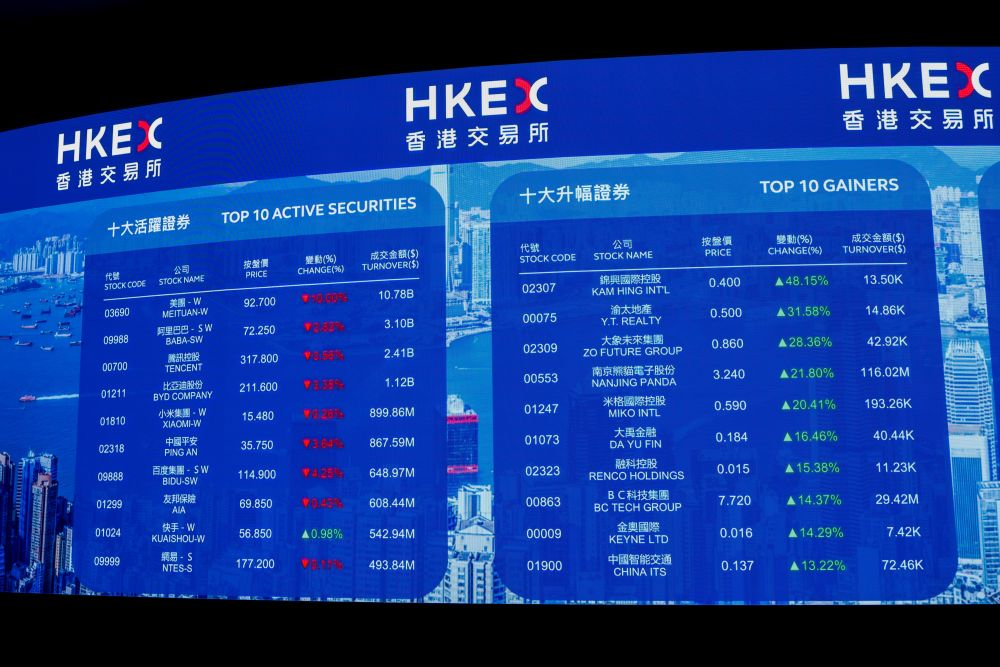THE Gold Standard is a standard organization that was founded to ensure the highest levels of environmental integrity and sustainable development in carbon markets. Margaret Kim, CEO of Gold Standard shares her thoughts on the aviation sector’s carbon offsetting scheme, CORSIA (Carbon Offsetting and Reduction Scheme for International Aviation), and what the scheme’s eligibility decisions mean for carbon markets.
The International Civil Aviation Organization (ICAO) announced March 13 that credits from Gold Standard and five other standards will be eligible, with varying further limitations, in their pilot phase 2021-2023. Gold Standard are currently clarifying some specifics with the Technical Advisory Board and will share projections on supply in due course. Yet some key takeaways are already very clear, and stand to set a new minimum bar in carbon markets.
Carbon credits without sustainable development considerations are not credible
We should now officially put to rest any debate that sustainable development is too complex to be central to carbon markets. If we’re serious about climate justice, mitigation and development must go hand in hand.
Gold Standard has pioneered this twin approach to climate and development, and we continue to advocate for strong sustainable development provisions in Article 6 negotiations through our work with the Sustainable Development Initiative (SDI). CORSIA decision shows this is becoming required practice, not an optional add-on. We view this as a positive development, hopefully an indication for COP26.
Yet concerns remain. As we have argued with SDSN (Sustainable Development Solutions Network) and other partners in our guidance for measuring SDG (Sustainable Development Goals) impact, is not credible to claim positive contributions to SD (Sustainable Development) without a) safeguards to ensure no negative impacts, and b) independent verification.
New tools that are expected to be used to retroactively demonstrate adherence to safeguards and contributions to sustainable development fall short of this credibility requirement.
Gold Standard is ready to serve the CORSIA market by extending our labelling approach to new CORSIA-eligible schemes.
This was Gold Standard’s original remit more than 15 years ago - ensuring quality for projects developed under the Clean Development Mechanism. Gold Standard can offer a similar quality label certification approach for those airlines looking to ensure higher assurance on sustainable development within their compliance commitments.
Carbon credits are only appropriate for some types of land use activities, and even these must be managed with special caution
While climate-smart management of land use is critical to meeting the goal of the Paris Agreement to balance emissions with sinks by mid-century, we must be deliberate in our use of market mechanisms toward this aim.
Despite the recent spike in popularity of nature-based solutions, spurred on largely by efforts from oil and gas companies seeking high volumes of cheap credits, it is telling that the number of CORSIA eligible land use credits is very low. CORSIA will accept no CDM (Clean Development Mechanism) credits from Afforestation/Reforestation (A/R) projects - highlighting the problems with permanence, as CDM projects have no compliance buffer, insurance, or other provisions to address permanence. Project-level REDD+ (Reducing Emissions from Deforestation and Degradation) credits are also not eligible due to important concerns about leakage.
Gold Standard Verified Emission Reductions from A/R projects are eligible because of the management of both permanence and leakage. We have now applied these same principles to our new Soil Organic Carbon Framework Methodology with a goal of scaling this important new opportunity to sequester carbon in soils in the context of agricultural practices, grasslands and livestock management, and more.
Market mechanisms must be designed for resilience – striking the right balance to drive desired change
Notably, CORSIA acknowledged campaigners who lobbied for vintage restrictions to avoid a glut of credits that would mean a low price that doesn’t do what carbon pricing is designed to do: provide an incentive for further internal emission reductions. This structural weakness plagued the EU ETS (Emissions Trading System) for years as overallotment of allowances meant prices in the low single digits, providing no driver for change to most companies under the compliance cap. CORSIA seems to note this lesson by limiting eligibility to projects with start of first crediting and hence vintages to 2016 or later.
This was important to ensure that CORSIA as a new mechanism for a new “Party” to the Paris Agreement stimulates new climate action, both within the aviation industry itself and in the project activities the airlines support. Will this have implications for the COP26 (26th United Nations Climate Change conference) negotiations? Hard to say. But it ought to. Markets now have an opportunity to reset and ensure they are structured to deliver their intended impact - to drive meaningful global emission reductions.
Does this mean that pre-2016 vintages in the voluntary market are somehow less important or valuable? No. Assuming these are to credible standards, this perversely punishes PDs who took risk as early movers. Climate impact in 2015 is as valuable as climate impact in 2017.
More than ever, it is critical to support vulnerable communities and drive finance to assist those least responsible for climate change yet most affected by its impacts
Carbon finance has often overlooked the poorest communities that are also too often on the front lines of a changing climate. This is the reason that the German government supported Gold Standard in a programme of work including suppressed demand methodologies, microscale provisions and its objective observer programme, which grant flexible measures to overcome the barriers that had prevented carbon finance from reaching these marginalized groups. The trade-off to greater development impact is the potential for less precision in the emission reduction quantification. For this reason, some of these activities are not eligible under CORSIA. It presents an opportunity to build in new conservative principles to ensure that these high-impact projects are not left behind in a transition to carbon markets of the future.
Corresponding adjustments may set an expectation beyond compliance
As CORSIA is a compliance mechanism, it is non-negotiable that corresponding adjustments are made in host countries as credits are sold to CORSIA buyers. While this does not have a direct bearing on the environmental integrity of purely voluntary climate action, Gold Standard and most of its civil society partners believe that corresponding adjustments do serve as a way to ensure that host countries recognize the climate action supported by the voluntary carbon market in their inventories or their domestic policies, to avoid unintentionally reducing the incentive for strong domestic policies.
Gold Standard believes that market participants should take note of these decisions as a harbinger of a new level of expectations for carbon markets, whether adopted by Article 6 negotiators or simply expected by a new generation of carbon credit buyers. For our part, we applaud these interim measures to raise the bar in the market and will continue to advocate for even more robust measures to ensure market credibility and maximize impact beyond climate mitigation to advance the SDG agenda.
Margaret Kim is CEO of Gold Standard








